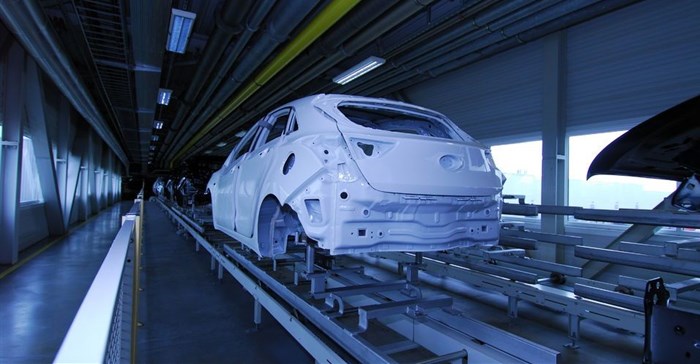
Related
Top stories






More news


Marketing & Media
Ads are coming to AI. Does that really have to be such a bad thing?














If software crashes, you can restart it. In the IT world when you do not know something, you Google it. “Not so in the vehicle manufacturing world and the vehicle industry understands this,” he says. He points out that all the vehicle scandals have been from technology companies producing vehicles, not traditional vehicle manufacturers.
Autonomous vehicles and their technology have existed for a long time, so why aren’t we all “driving” them? “Vehicle manufacturers know what it is to be sued for a death because of your vehicle.” He points out that all the vehicle scandals have been from technology companies producing vehicles, not traditional vehicle manufacturers.
“Vehicle manufacturers understand that bringing the vehicle manufacturing world and the technology world together is not easy. However, technology companies do not necessarily understand what manufacturing means,” he says.
Autonomous driving is also not about technology. The technology has been around for years. “It is about cultural acceptance by humans,” he says. Therefore, BMW has gradually added features to its vehicles such as automatic braking and parking, all leading to the autonomous and driverless vehicle.
“Also, humans understand what a leap of faith is. When you are at a roundabout you take a leap of faith. If your vehicle is going to wait for a safe gap in the traffic it will never go because it cannot make that leap of faith. Humans function every day by breaking the rules. You cannot program that into a car. That’s what is interesting; not the technology,” he says.
Taking the above into account he encourages manufacturing companies to ask what technologies will disrupt them. “What materials today might not exist in the future? How will the way we produce products change as new applications come about? What regulations and policies will this bring about? How will all of these affect your manufacturing business,” he asks.
“Digitalisation is about the clash of two worlds and will either wipe out an industry or revolutionise it,” he adds.
“Agriculture is an industry that has many aspects that can be digitalised, such as drones to spray only where it is necessary, infrared sensors that show where it is necessary to water, robots that kill weeds through stomping and fertilise just enough, are all coming. The prototypes are there, but the fertiliser industry is resisting the change,” he says.
